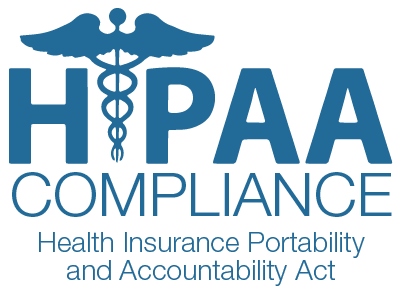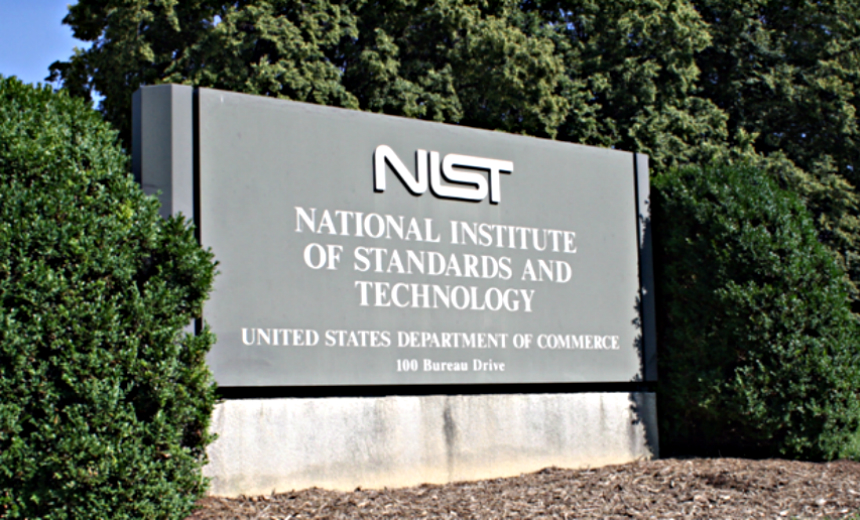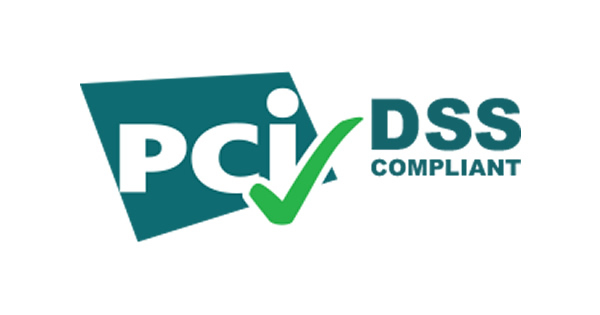
GDPR
General Data Protection Regulation
In April 2016, the European Parliament adopted a new standard to improve data protection for individuals within the European Union (EU). Companies face strict fines for not complying with the standards set by the General Data Protection Regulation (GDPR), which provides greater predictability and efficiency for organizations that do business in the EU and offers residents increased data protection rights.
The GDPR does not simply apply to EU domestic business, but to companies worldwide that target their goods and services to European citizens.


